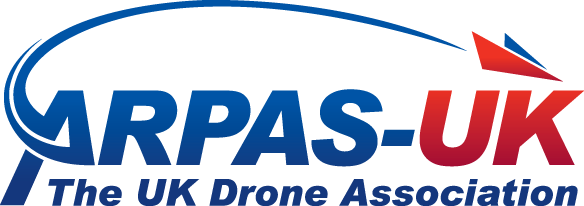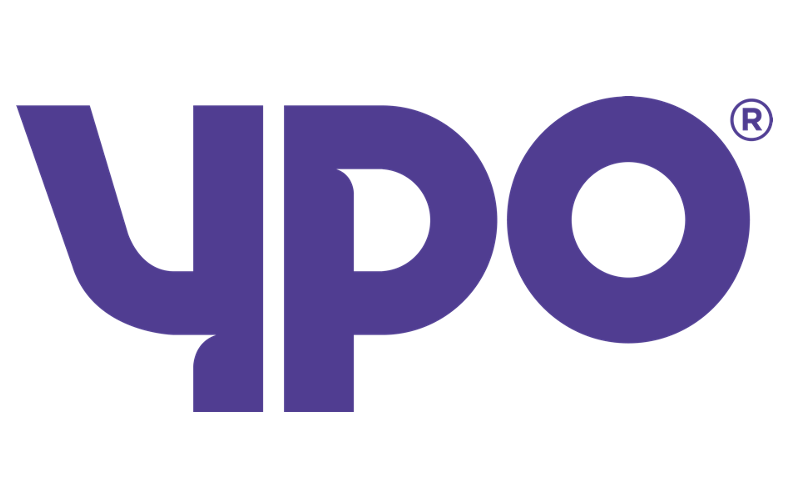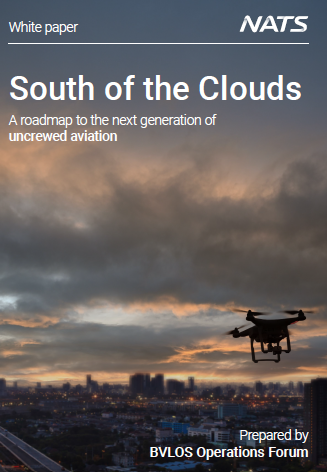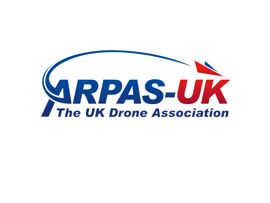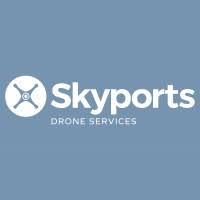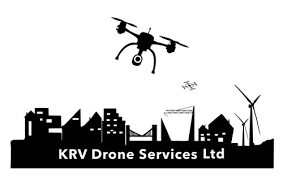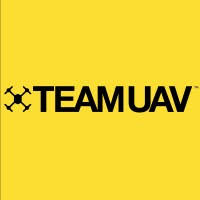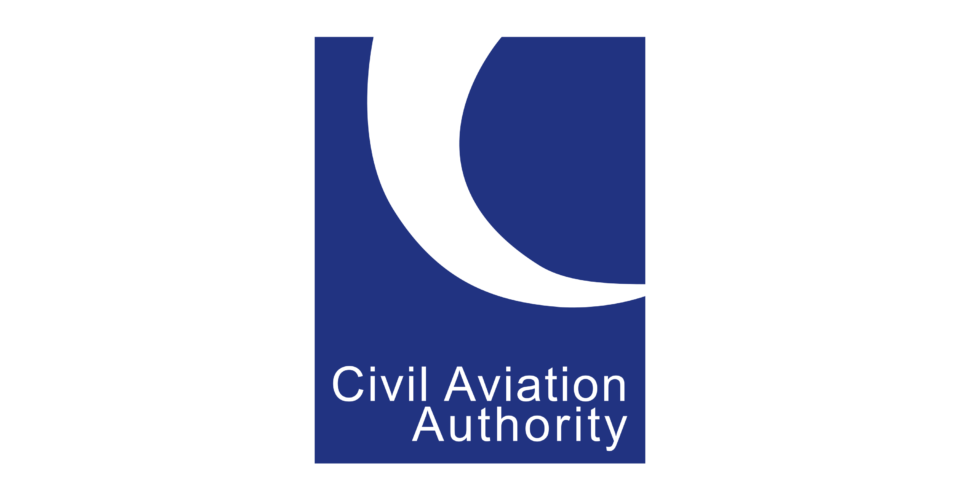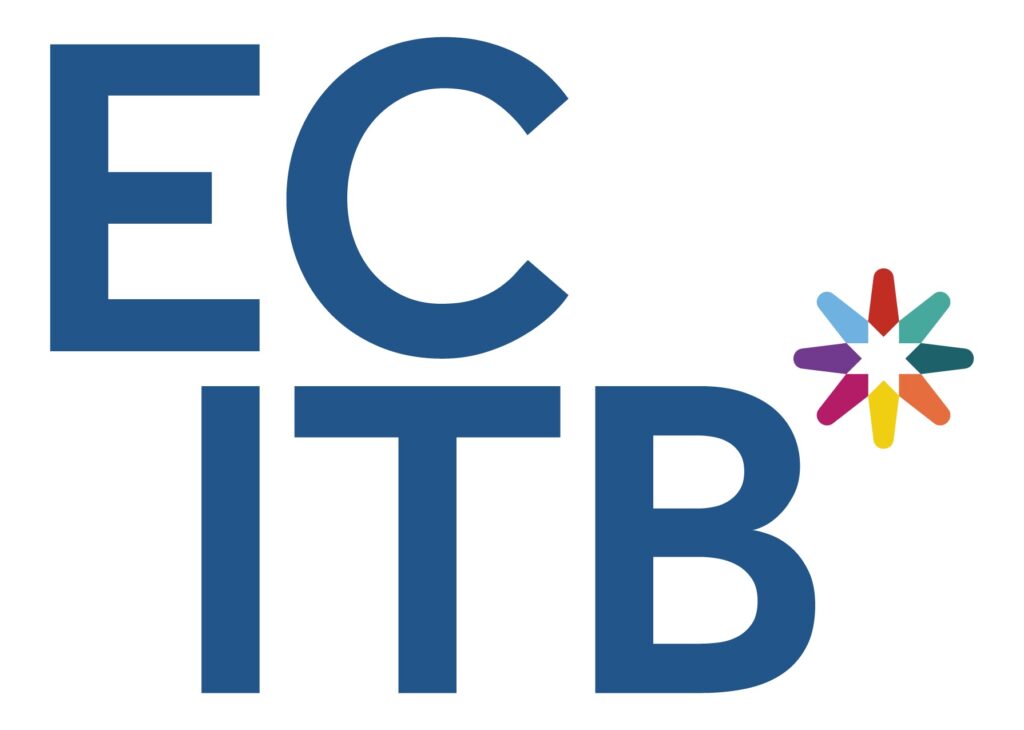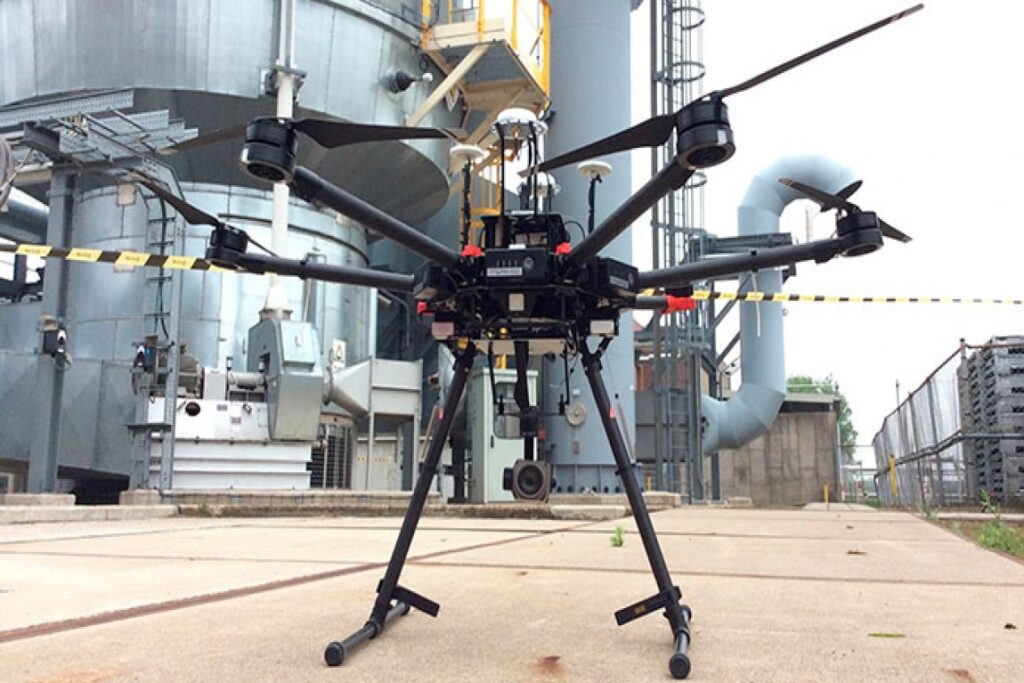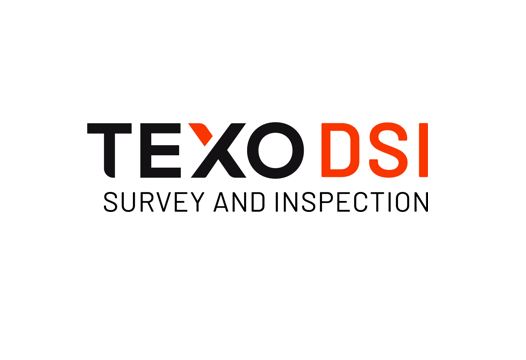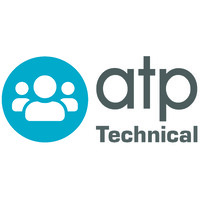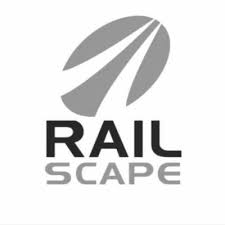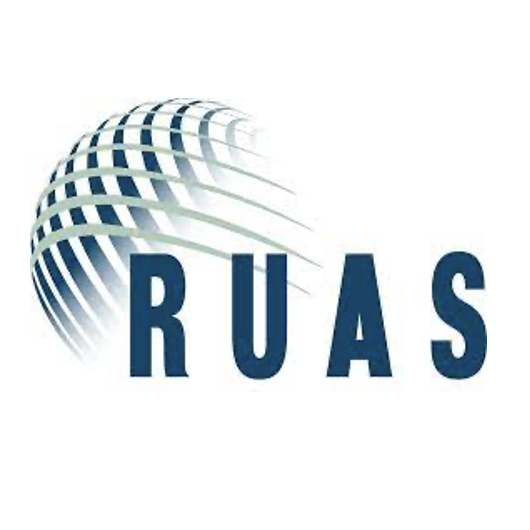From the CAA on 16 Feb 2022.
The Specific Operating Risk Assessment (SORA) is a way to classify the risk posed by a UAS operation and then identify mitigations and safety objectives to counter those risks. It allows the UAS operator to identify operational limitations and training objectives for the personnel involved in the flights, technical requirements for the aircraft and develop the appropriate operational procedures.
The CAA will be introducing SORA in the UK but for now UAS operators who wish to apply to fly in the Specific category should continue to use the methodology and templates laid out in CAP 722A publication until the CAA provides further updates on the development of the UK SORA.
UK SORA development
The UK SORA is still in development; however, the CAA has provided some initial information.
UK SORA and the European Aviation Safety Agency (EASA) SORA
There may be some differences between the UK and EASA versions of SORA. These will be necessary to accommodate national requirements and will be laid out in the CAA’s consultation for the UK SORA.
UK SORA and international operations
Individual National Aviation Authorities (NAAs) will decide whether to recognise the UK SORA using their assessment of the SORA submitted by applicants. Some states may have different airspace requirements, technical requirements and national sensitivities that will need to be addressed between the applicant and the respective NAA on a case-by-case basis.
Beyond Visual Line of Sight (BVLOS) operations in non-segregated airspace
The SORA is a tool that may enable BVLOS flights in non-segregated airspace. However, it is not intended as a ‘one-stop-shop’ for allowing full integration of all types of UAS into all airspace classes. The SORA indicates the type of performance goal(s) for airspace segregation/integration measures necessary to meet the target levels of safety for the given airspace volume.
Pre-defined risk assessments (PDRAs)
The current PDRA package being developed by the Joint Authorities for Rulemaking on Unmanned Systems (JARUS) will be reviewed as part of the UK SORA project and if acceptable, the CAA will adopt them in the UK.
Recognised Assessment Entities (RAEs)
The impact of UK SORA on RAEs is being assessed as part of our implementation project.
There are current projects to look at the scope and tasks of RAEs. The CAA will inform all RAEs as soon as possible.
UK SORA implementation
UK regulations
UK SORA will be used as an Acceptable Means of Compliance (AMC) to Article 11 of Regulation (EU) No 2019/947 as retained (and amended in UK domestic law) under the European Union (Withdrawal Act 2018). SORA is not a regulation; it is a set of recommendations and guidelines for conducting a risk assessment and meeting required target levels of safety.
As SORA will be new AMC for Article 11 of UK Regulation (EU) 2019/947, regulatory change is not required to implement it.
Timelines
The CAA plans to have the UK SORA ready for consultation in Q1 2024. However, there are a number of dependencies that need to be addressed first. The CAA are planning to implement a UK SORA package in Q3/4 2024.
Implementation
The SORA implementation project is an extensive, comprehensive project which is considering all elements of how the UK will implement SORA. .
Training courses for UAS operators will be developed as part of the SORA project and we’ll provide more details on these when they’ve been confirmed.
Benefits of SORA and differences with the current risk assessment methodology
CAP 722A is primarily a qualitative methodology and SORA is a more quantitative methodology. SORA has been developed internationally with consensus from multiple NAAs and industry experts and it sets an acceptable target level of safety for proposed operations in the Specific category.
Valid Operational Authorisation (OA)
OAs which are valid when SORA is implemented will not be cancelled. They will remain valid for the period of validity stated on the authorisation.
The Operating Safety Case (OSC)
OSCs will need to be revised for SORA and there will be a transitional period to allow UAS operators to update them. Details of the transitional period will be communicated as part of the consultation process.
The current application process for flights in the Specific category may change, including application costs, and this will also be reviewed as part of the SORA implementation project. The CAA will run a further consultation on costs as part of their Scheme of Charges review.
SORA and innovation projects
Use of SORA elements
Applicants should not use elements of SORA when completing a Specific category application. Applications should be submitted using the methodology outlined in CAP 722A and mixing the methodologies is not recommended.
SORA is a complete risk assessment process based on detailed mathematical modelling. Applications involving a mixed methodology approach will increase the assessment time as the methodology will require evaluation to ensure it complies with Article 11 of UK Regulation (EU) 2019/947.
Use of SORA for planning an application
At this stage it is not possible to provide guidance on any specific details of the UK SORA. JARUS may still change elements of its SORA as reviews are ongoing and the details of the UK SORA is still being developed.
The CAA are focused on delivering UK SORA as soon as possible – ensuring it works for the UK and the UAS industry. Until the CAA releases further information, applicants should use the guidance in CAP 722A when conducting the Specific category risk assessment and when planning applications.
Link to the CAA website
